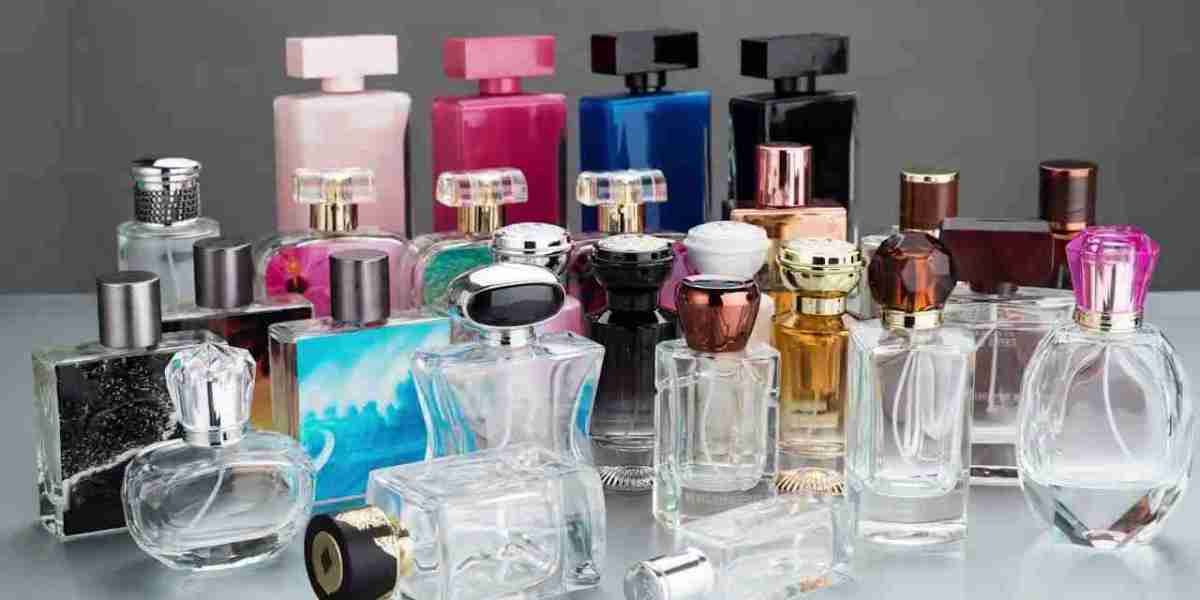The luxury perfume market is witnessing a significant shift with the rising popularity of niche perfume brands. Unlike mass-market fragrances, niche perfumes offer exclusivity, artistry, and a unique olfactory experience that appeals to discerning consumers. As more fragrance enthusiasts seek individuality and authenticity, niche brands are gaining momentum and redefining the landscape of high-end perfumery.
The Influence of Cultural Preferences on Global Fragrance Trends
Cultural preferences play a vital role in shaping global fragrance trends, influencing both the creation and marketing of luxury perfumes. Different regions have distinct scent preferences, often rooted in history, climate, and local traditions. Understanding these preferences enables luxury brands to tailor their offerings to specific markets and drive international sales.
In the Middle East, for example, rich and opulent fragrances featuring oud, amber, and musk are highly favored. Perfume houses catering to this region often develop intense, long-lasting scents that align with local tastes. Conversely, European consumers tend to gravitate towards fresh, floral, and citrus-based compositions that evoke elegance and sophistication.
Asia presents another unique landscape for luxury perfumery. Countries like Japan and South Korea prefer subtle, minimalist fragrances with light, powdery, and aquatic notes. This has led brands to develop softer, skin-like scents that appeal to the Asian market’s preference for understated luxury.
The Appeal of Niche Perfume Brands
Niche perfume brands distinguish themselves through their dedication to craftsmanship, quality, and originality. Unlike mainstream luxury brands that focus on mass appeal, niche houses prioritize artistic expression and use rare, high-quality ingredients to create distinctive scents. These brands often produce perfumes in limited quantities, making them highly desirable among fragrance connoisseurs.
One of the key factors driving the success of niche perfumes is the desire for uniqueness. Affluent consumers are moving away from widely available fragrances in favor of bespoke and small-batch creations that reflect their personality and style. Niche brands such as Byredo, Le Labo, and Frederic Malle have cultivated loyal followings by offering signature scents that stand apart from conventional offerings.
Digital Marketing and Niche Perfume Popularity
Social media and digital marketing have played a crucial role in the growing popularity of niche perfumes. Platforms like Instagram, TikTok, and YouTube allow independent brands to showcase their artistry and connect directly with consumers. Perfume bloggers, influencers, and online communities have also contributed to the rise of niche fragrances by providing in-depth reviews and recommendations that guide purchasing decisions.
E-commerce has further fueled this trend by making niche perfumes more accessible. Many independent brands have embraced direct-to-consumer models, offering online scent discovery kits, virtual consultations, and personalized recommendations to help customers find their perfect fragrance. This approach has allowed niche perfume houses to compete with established luxury brands on a global scale.
Sustainability and Ethical Perfumery in the Niche Market
Sustainability is becoming a defining feature of niche perfume brands. Many independent fragrance houses prioritize eco-friendly practices, from sourcing ethically harvested ingredients to using biodegradable packaging. Consumers who seek conscious luxury are drawn to niche brands that emphasize transparency, cruelty-free formulations, and sustainable production methods.
Some niche perfumers are also incorporating innovative scent-making techniques, such as biotech-derived ingredients, to reduce their environmental impact. By embracing sustainability without compromising quality, these brands are setting new standards in the luxury perfume industry.
The Future of Niche Perfumery
As the luxury perfume market continues to evolve, niche brands are poised to gain even more influence. Consumers are becoming more educated about perfumery, leading to a growing appreciation for complex, artisanal compositions. This shift is encouraging both emerging and established niche brands to push creative boundaries and experiment with bold, unconventional scent profiles.
Moreover, personalization will play a crucial role in the future of niche perfumery. Custom-blended fragrances, exclusive scent experiences, and AI-driven fragrance recommendations will further enhance the appeal of niche perfumes among affluent buyers.
Conclusion
The rise of niche perfume brands in the luxury perfume market signifies a growing demand for individuality, artistry, and exclusivity. With cultural preferences shaping fragrance trends, digital marketing expanding brand reach, and sustainability driving innovation, niche brands are reshaping the industry and offering consumers a more intimate and luxurious fragrance experience. As this trend continues to expand, the future of high-end perfumery will be defined by cultural influence, craftsmanship, and a deeper connection between scent and self-expression.




